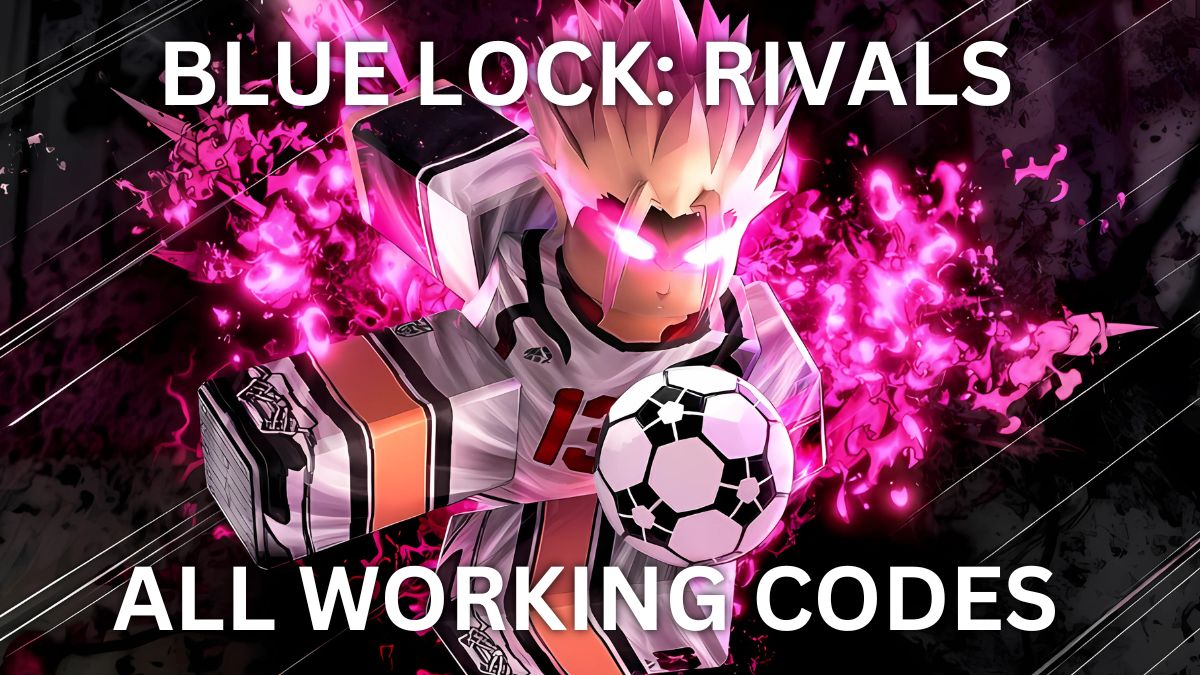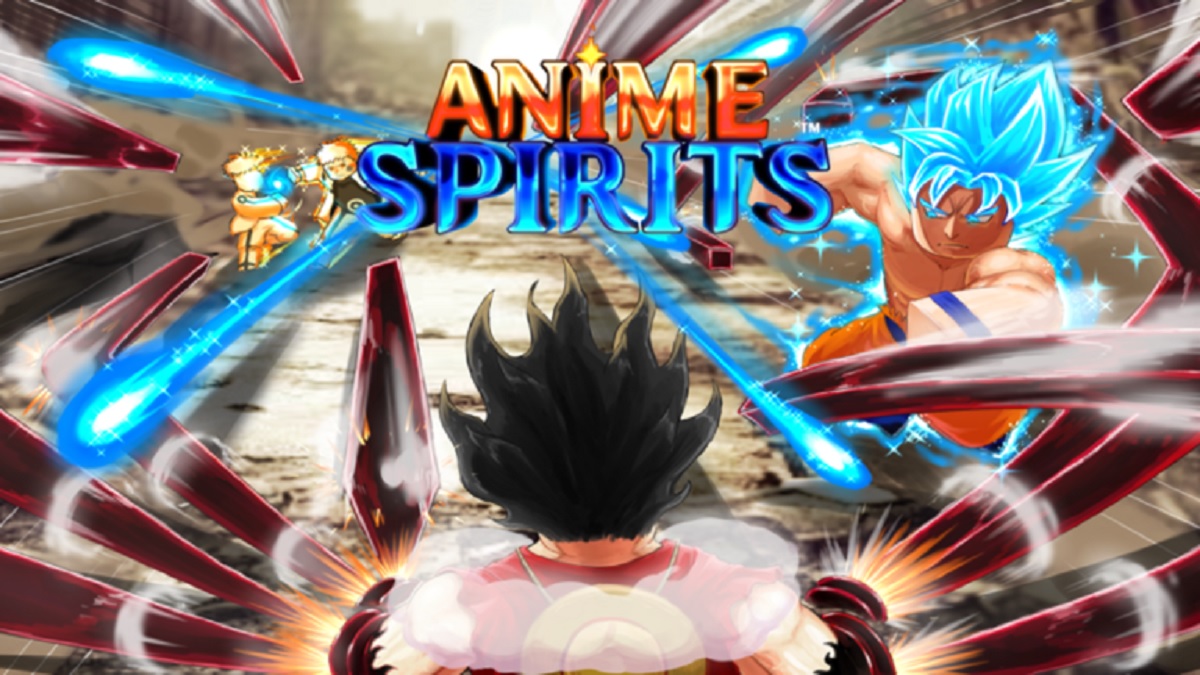Mining for Cash in Elite: Dangerous
Flying around space shooting bandits and exploring the far-flung systems yet untouched by human hands is why many people play space simulators like Elite: Dangerous. It’s what sci-fi tv series like Firefly and Star Trek have trained our minds to think. Most people see space as a whole new frontier just waiting to be blazed around. There’s a small section of people though that see it not as a source of adventure. Rather, they see it as a source of cash. In Elite: Dangerous you can make massive amounts of cash via trading in goods between stations or collecting bounties.
What about if you want to get your hands dirty while still making a pretty penny though? Well you’ll be wanting to get mining then.
The economy of Elite: Dangerous‘ Milky Way revolves around the same kind of things our poor little earth-bound industry, so there has to be someone collecting the goods. Luckily enough there’s money to be earned at the start of the production line. It isn’t all fun and games mining though. If anything, mining requires the greatest investment of time to make credits when compared to trading, bounty hunting, piracy, almost anything, really.
Woah, woah, wait a minute. Don’t go away quite yet. While you are not necessarily making as much money as those haughty-taughty traders flitting around star systems, you are making something that’s pretty rare in the world of Elite: Dangerous: an honest buck.
Mining in Elite: Dangerous takes a certain sort of mind set, You’ll be hovering next to floating rocks in asteroid belts, cutting chunks off them and slotting the rocky treasures into your ship. Ores don’t come quickly, but they do come consistently. Enough of this nonsense about what mining is. Let’s get started on how to actually extract the ores.
Where Do You Go?
Before you start planning out the ship you’ll be taking on an adventure into extraction, there’s another thing you’ll have to know. Where the hell do you get this ore? There’s a couple of locations that you can snap up some of that yummy, unrefined goodness and stick it into your cargo hold.
Somewhere around one in three of the systems you come across while skimming around the galaxy has these strange and mystical places called Resource Extraction Sites. An example of the most logical name given to a game element at the 2015 Captain Obvious awards, the Resource Extraction sites will be your home while mining in Elite: Dangerous. They are usually found in asteroid fields or the rings around a planet (as pictured above). Each one is full of wildly spinning asteroids full of tasty credits — err, I mean tasty minerals.
The most consistent of these two options is more often than not the rings around planets. While there can be no denying that they’re much harder to find than asteroid clusters, the amount of raw rocks on offer to break apart is nothing short of incredible. You’ll often find rare and expensive minerals out in clusters, but for a steady flow of cash nothing is wrong with hanging around in the rings of whatever planet is pretending to be Saturn.
Much can be said for taking the time to research your intended location with the Galaxy/System Map before actually going there, as will be explained later.
For the best return on your investment of time in Elite: Dangerous as a miner, it’s generally a good idea to head for Belt Clusters. These are small collections of asteroids which often house the most precious of metals. They aren’t exactly peaceful locations though…
These asteroid belts and clusters are not safe. In fact, to call them safe could not be further from the truth. Even when you disregard the wobbling rocks the size of a small city, pirates like to make their home in fields like this. They lie in wait to make any miner’s haul their own, so stay safe.
What Ship to Get
This is without a doubt the one thing any Elite: Dangerous player will vacillate over more than any other part of the whole game. Buying a new ship is often akin to picking which puppy to choose from a litter. The cutest one keeps crapping on the floor, the quiet one barks at your little sister, and the playful one just sneezed in your eye, yet you still want them all. When it comes to picking one from the Elite: Dangerous litter, there are a handful of factors to take into consideration.
Whatever ship you choose will need to have enough internal compartments to fit the ore you’ll be mining into Cargo Holds. It will also require at least one – but preferably two – hardpoints to mount Mining Lasers and these things called Refineries. Forgetting the Cargo Hold and Mining Laser for a moment, this Refinery is without a doubt the crux of your whole operation. You should also take into account the maneuverability of your prospective craft as well as its jump distance.
When starting out, a Sidewinder or Hauler are both fairly good options. They’re maneuverable and have enough space to hold your first nuggets of cargo. When more of that sweet mineral money starts to roll in, consider upgrading to an Adder or even a Cobra. Both of these ships have plenty of compartments to store everything you need, along with the opportunity to have some defensive weapons and shield generators to fend off the pesky pirates mentioned on the previous page.
The temptation is of course there to get your eyes on a larger ship like the Lakon Type 6 or Asp for mining but hold up on that one. Both of these ships can be put to much better use elsewhere. Putting them into the dangerous asteroid fields of Elite: Dangerousis like putting and Elephant onto a driving range: something is bound to hit that big lump in the middle sooner or later.
How to Equip Your Craft
While Commanders are naturally predisposed to spend hours picking a ship, where more effort should be focused when it comes to mining is on the contents. No one buys an oyster for the shell, do they? You buy an oyster to get at the pearl within – or of course to shore up an ailing libido. In order to get your ship up to scratch for ripping apart floating boulders and shipping the remains back to a station, there’s a few things to take a look at.
Cargo holds are incredibly important in Elite: Dangerous, particularly when mining. Some will want to get a Lakon Type 6 to carry 50 tonnes of material. That makes sense in theory. In practice, carrying around 49 tonnes of material while mining out the final one is pretty pointless. Switch up the cargo hold to the largest possible while not going crazy. You’ll need to leave space for at least a refinery and a shield generator after all, so don’t go cargo crazy.
Refinery? Yes you get to carry around your own personal Refinery with Elite: Dangerous. You can only take one Refinery at a time and they’ve got one incredibly important attribute you’ll have to consider: bins. Not the things you throw garbage into, though. When you’ve collected any ore that’s been forcibly removed from an asteroid it has to be refined and stored in these bins.
Most of the decent refineries come with at least two bins, so you can happily mine one asteroid at a time (because each rock USUALLY has two mineral types associate with it). As you do more mining, though, you’ll find that there isn’t enough fully refined ore. This is why you’ll be wanting as many bins as possible to create all that sweet Elite: Dangerous cash.
Slot onto some of those lovely hardpoints should be Mining Lasers. They’re what you’ll actually be using to cut the minerals from their asteroid prisons in Elite: Dangerous and set them loose into your cargo hold. If you have three or four hardpoints available (flying something like a Cobra or Adder for example), take the time to slot in a powerful array of weapons because out in the asteroid belts, there be pirates.
Luckily, pirates rarely appear at random occasions without warning. They’ll sidle up to you and scan your cargo hold. Should they find that you’ve got any completed ore in your cargo hold, they will not be opposed to trying to blow you out of the sky. Equipping even a semi-capable weapon onto your mining vessel will keep them at bay. Make sure you scan them first, though, because the bounty income from taking out these freebooters whenever they happen to try and kill you will supplement any mining income very well.
Some miners will suggest not fitting a shield generator, shouting about their preference for more cargo space. This works, but when you’ve always got the possibility of an unexpectedly spinning asteroid or money-hungry pirate floating around having the extra protection is never an awful thing.
Now to Actually Get Mining
First on the list of things to do when mining is finding a system to bleed dry. It isn’t easy getting blood from a stone, especially if you don’t know where to get them from. Take some time before you set up everything else to find a suitable system. It should contain several resource extraction sites and hopefully enough Belt Clusters to keep you well-stocked.
Information on the Galaxy Map and System map can be used to find out where to go. Simply use it to hunt for resource extraction sites or even check out the make up of planets. If the rings around a planet like Saturn show up as Icy you’ll not find anything. If they say Metallic, head over there and hunt for some yummy precious metals.
Now for the easy part; Simply jump into your chosen system and fly out in the direction of the extraction site you’ve chosen.
Upon arriving at your chosen location, it’s time to power up those mining lasers and go prospecting. Just fly over to an asteroid and hammer some mining laser fire into it until a small chunk flies off. A small grey box will appear both on your view and the map. This can be hard to spot but after a few digs you’ll be a dab hand at it. Now see what minerals are actually in the chunk. Most minerals sell for at least 1000CR but certain ones like Bauxite are barely worth your time. If it isn’t something you want, fly to another and start again.
Found a mineral you want? Right time to settle in and start the process of mining in Elite: Dangerous. After cutting off your first piece, deploy your cargo scoop (usually the Home button, but check in the controls menu to be sure) and target the lump of mineral. Line it up in the small blue rectangle which appears when the cargo scoop is deployed and slowly move towards the piece. Keep it slightly below the center point, then fly towards it to collect.
Be prepared to make minor adjustments and NEVER go over a speed of 35. Should it creep up to over 40, the mineral will be destroyed whether you get it into the scoop or not. That’s the Elite: Dangerous way; no patience, no profit. This is the most laborious and painful part of the mining process but, much like analyzing the minerals, it becomes easier after a little practice has been done.
When collected, go into your cargo menu (situated on the menu to the right, generally found by pressing 4 on your keyboard) and refine the materials. Collecting the same mineral over and over again will automatically refine the goods until a full mineral is obtained. No one piece will ever constitute a full mineral so keep doing this all the time, going back to the cargo screen whenever the Cargo Scoop interface says “Resource Unallocated.”
Now check it over, venting any unwanted minerals, and repeat this process until your Cargo Holds are full to the brim. Right now in the game, if you exhaust an asteroid you can log in and out of Elite: Dangerous. That may change in the future but until then it can be used to gather up plenty of a mineral you want.
The next step to making a small gold mine in Elite: Dangerous from mining goods is working out where to sell the pieces.
Where to Sell That Cargo
Having collected the goods, it’s time to get that reward and sell them. The economy of Elite: Dangerous works as a long process so what you need to do to make the most back for your work is find the right step to feed your minerals into the system.
As a small warning, when traveling with large amounts of raw minerals be wary of Interdictions. These could be the pirates of Elite: Dangerous, are hungry for your cargo, so stick to the route and cross those dirt-laden fingers for luck.
Any station in Elite: Dangerous will not hesitate to buy your wares but only some will net the highest return for your time. Jump back into the galaxy map and start looking for an industrial system with a refinery station. This is where you’ll want to sell the fruits of your labor. Should you have nowhere else to go anywhere will do.That being said, selling that cargo hold full of Uranite to a station that works in extraction is without a doubt the worst way to go. They mine these minerals themselves so they don’t need you to bring them even more.
When you’ve picked a spot to sell remember the location and congratulate yourself, you have your very own trade route in Elite: Dangerous.
This can be supplemented with the bounties you’ve obtained in Elite: Dangerous if pirates have been killed, and if the faction they were wanted by had a bounty on their head. Should this be your aim, make sure to attach a kill warrant scanner to a utility hardpoint, this will mean you’ll get all of the associated bounties.
Note: This is yet to be updated with information from patch 1.2. Mining is now more profitable than it was before, but all of the previous hints and tips are still valid.












Updated: Jun 5, 2016 03:31 pm